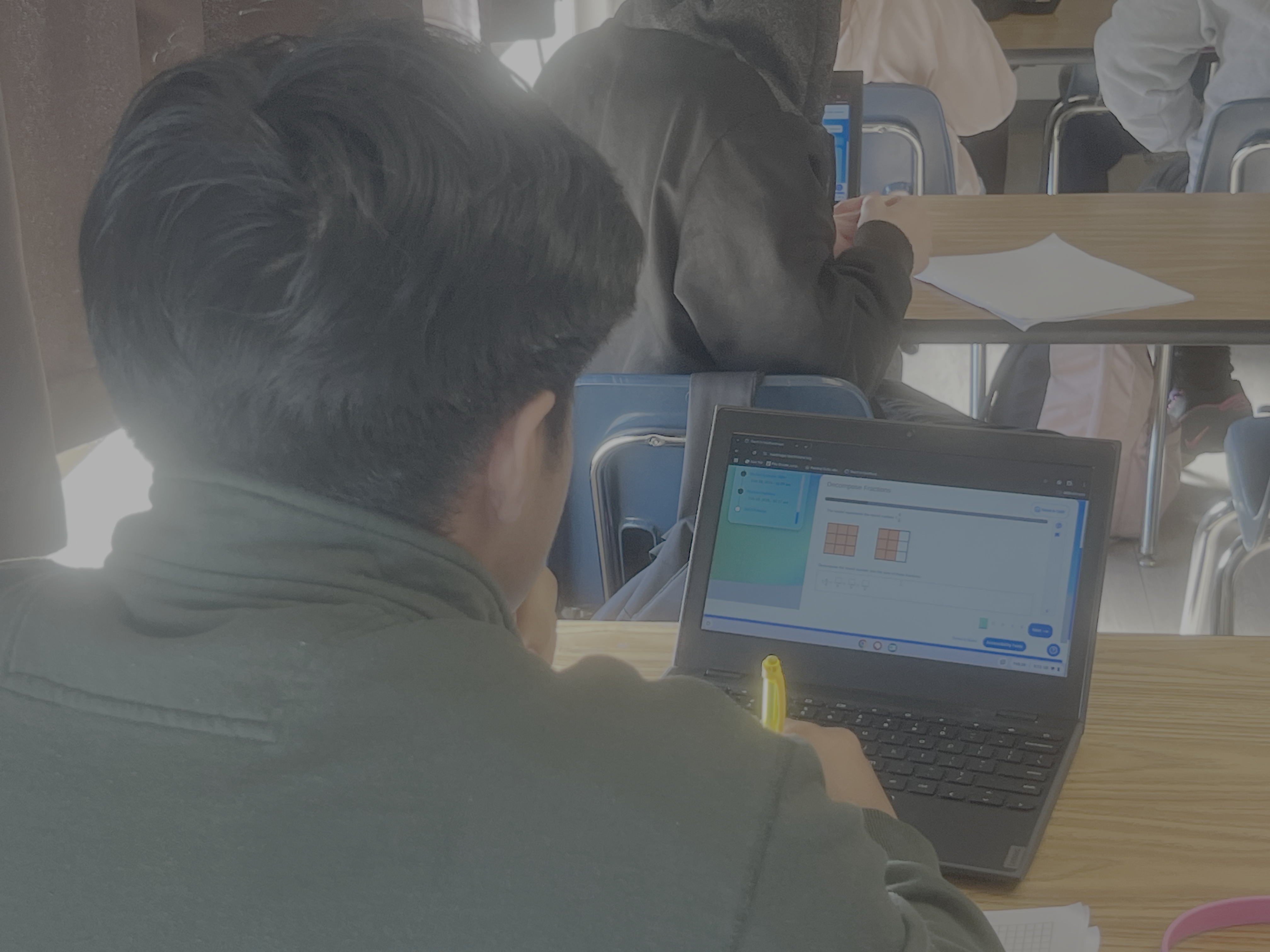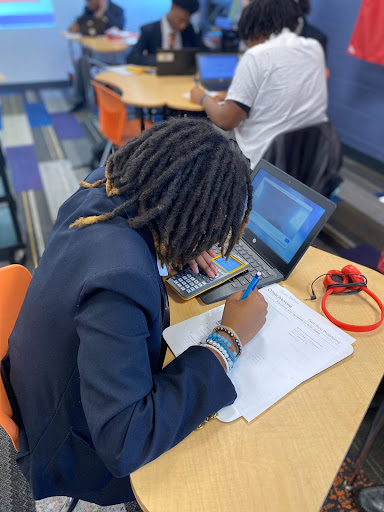Social and Emotional Learning: What is a Growth Mindset?
October 26, 2018
By Teach to One

This primer takes a closer look at student attitudes about learning and failure to explain how and why these underlying beliefs can dramatically shape success. For more about holistic learning, see Teach to One 360’s design tenets.
What is a growth mindset?
Growth mindset is the belief that thoughtful effort and dedication, not innate ability or talent, is the key to learning. In education, students with a growth mindset see mistakes as valuable and actively work to learn from failure. In contrast, students with a fixed mindset hold the misconception that intelligence is fixed at birth, despite research showing that people can actively increase their cognitive abilities throughout their lives.
Where did the term growth mindset come from?
Dr. Carol Dweck coined the terms growth mindset and fixed mindset while researching student’ attitudes about learning and failure. Dweck and her colleagues observed that some students overcame challenges while others were more likely to give up. As Dweck explored the underlying beliefs driving this behavior, she organized them into these two simple categories. Growth and fixed mindsets are now commonly used as developments in learning sciences have advanced our understanding of how students learn.
Why is growth mindset important?
A growing body of research shows the brain acts like a muscle, changing and strengthening as it learns. Indeed, people can actively increase their cognitive abilities at any time in their lives, and there are research-based strategies to help! Studies suggest that certain kinds of small interventions around mindset can drive positive outcomes. From the New York Time’s David Kirp:
Lessons about intelligence:
A cohort of sixth-grade students was taught, in eight lessons, that intelligence is malleable, not fixed, and that the brain is a muscle that grows stronger with effort. Their math grades, which had been steadily declining, rose substantially, while the grades of classmates who learned only about good study habits continued to get worse.
Constructive critical feedback:
When an English teacher critiqued black male adolescents’ papers, she added a sentence stating that she had high expectations and believed that, if the student worked hard, he could meet her exacting standards. Eighty-eight percent of those students rewrote the assignment and put more effort into rewriting, while just a third of their peers, who were given comments that simply provided feedback, did the same.
Self-reflections:
In a series of short written exercises, sixth graders wrote about values that were meaningful to them, like spending time with their family and friends. After this experience, white students did no better, but their black and Latino classmates improved so much that the achievement gap shrank by 40 percent.
How can a growth mindset be developed?
If you’re a parent or teacher, helping kids build a growth mindset means regularly emphasizing that learning is about the process, not the outcome. For starters, Dweck recommends using the word “yet” with students to remind them that obtaining skills and knowledge is a constantly-evolving process. Another approach is recasting intellectual challenges as reminders that brains get stronger when they confront and learn new things.
And while effort is an important part of the equation, it’s not the only thing. Offering praise for effort that doesn’t embrace learning isn’t enough to spur the benefits of a growth mindset and can even backfire in older children.
What connects growth mindset to personalized learning?
As Edmentum puts it, growth mindset is a natural complement to personalized learning:
A growth mindset involves two important pieces: 1) a deliberate focus on attaining growth vs. proficiency, no matter what students are working on, and 2) students’ beliefs that they have the ability to meet goals by changing how they approach new learning experiences.
In Teach to One360, a growth mindset is one core competency of our Student Success Framework, the guiding statement of skills and competencies we believe all students need to succeed. Teaching, promoting and reinforcing a growth mindset is embedded into multiple learning modalities. In Math Advisory, for instance, students set goals and reflect on their performance. Through exit slips on the portal, students experience success and failure as they make multiple attempts to demonstrate concept mastery.
Latest Posts

Getting Students Engaged in Math at Valley Charter
Students arrive at their assigned seats equipped with laptops and individualized Teach to One Roadmaps packets, which include a work time poster, a note-taking sheet, and graph paper.

Webinar Recording: Unlocking Algebra
On Tuesday, May 13, TNTP and New Classrooms released the report: Unlocking Algebra – What the Data Tells Us About Helping Students Catch Up. On the same day Adam Meier, Partner, Research Center of Excellence, TNTP, and Joel Rose, Co-founder and Chief Executive Officer, New Classrooms, presented the findings, recorded in the webinar below. Looking […]

Building Confidence and Catching Up: Freedom Prep’s Fresh Start with Personalized Math
Ms. Shannon uses Teach to One Roadmaps as the centerpiece of her intervention approach. Students receive guided instruction aligned to their personalized skill pathways three times a week, and work independently on their suggested skills twice a week.